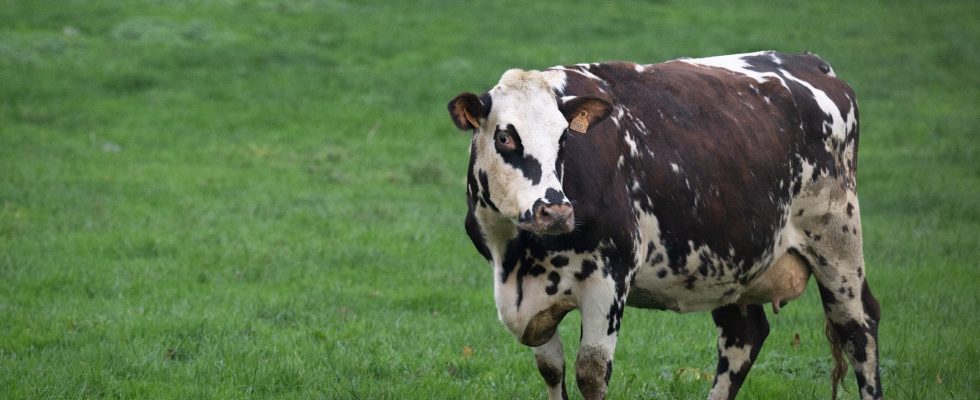A match on a dry haystack. A few weeks before the European elections, a European text could well set the French countryside ablaze again. At issue is a law cooked up in Brussels, at the heart of the Green Deal dear to Commission President Ursula von der Leyen: the European regulation on deforestation, the EUDR, in Brussels language. Four little letters for what is presented as the most ambitious text in the world to fight this endemic evil. This regulation, voted in 2022 and which must come into force on December 31 of this year, aims to prohibit the placing on the European market, and therefore the sale, of a series of essentially food products – as well as processed products – participating to deforestation or forest degradation, both in the European Union and in the rest of the world.
Laudable ambition. According to Commission estimates, some 420 million hectares of forests disappeared from the surface of the planet between 1990 and 2020. An ecological disaster which, despite numerous alerts launched by NGOs, is still ongoing. If we are to believe the latest report from the World Resources Institute, tropical regions, in particular, lost 3.7 million hectares last year, the equivalent of 10 football fields per minute.
In the list of incriminated products, we find coffee, cocoa, palm oil, soya, wood, rubber… and cattle. Beef farming which, according to Brussels experts, is the main source of deforestation on the planet. In Brazil and Argentina, gigantic virgin expanses are razed or cleared each year to allow hundreds of millions of cows to graze. If European beef imports represent only 5% of global beef trade, the potential impact of this European regulation is not negligible on biodiversity.
Concretely, to market lasagna or hamburger steaks on the European continent, an industrialist will have to prove by geolocation that the plot on which the animal grew up has not been deforested since January 1, 2020. An obligation cascaded down to all the supply chain, and which inevitably lands in the hands of breeders. Whether this famous plot is located in the green Limousin meadows or in the heart of the Argentine pampas. “It has been decades since livestock farming has led to any deforestation in Europe, and particularly in France,” annoys Pascal Lavergne, Renaissance MP, cattle breeder and rapporteur of the agricultural law recently presented to the Council of Ministers. A law which aims precisely to fight against normative hell and administrative inflation. “If it is to have a new encyclopedia to fill in while French breeders are absolutely not to blame, we must review the text,” thunders the elected official from Gironde.
Except that due to the famous rules of reciprocity, regularly brandished by those who denounce free trade agreements, if Europe requires South American farmers to provide proof of the location of their herds, European breeders must be housed in the same boat. “This is the principle of non-discrimination imposed by the regulations of the World Trade Organization. By not respecting it, we expose the European Union and the Member States to complaints to the WTO,” explains a senior official of the Commission.
In the meantime, the subject becomes very political. During the last European Council bringing together agriculture ministers at the end of March, the subject was included on the agenda and Austria officially requested the postponement of the text. A request supported by several European states, including the Netherlands. France is not out of the woods. And for good reason. The issue is explosive in France. The executive finds itself stuck between its promises of simplification made to farmers and its environmental commitments. “A real gas factory,” whispers in the office of Marc Fesneau, the Minister of Agriculture. The perfect example of a good idea that turns into an administrative… and political nightmare.
.
